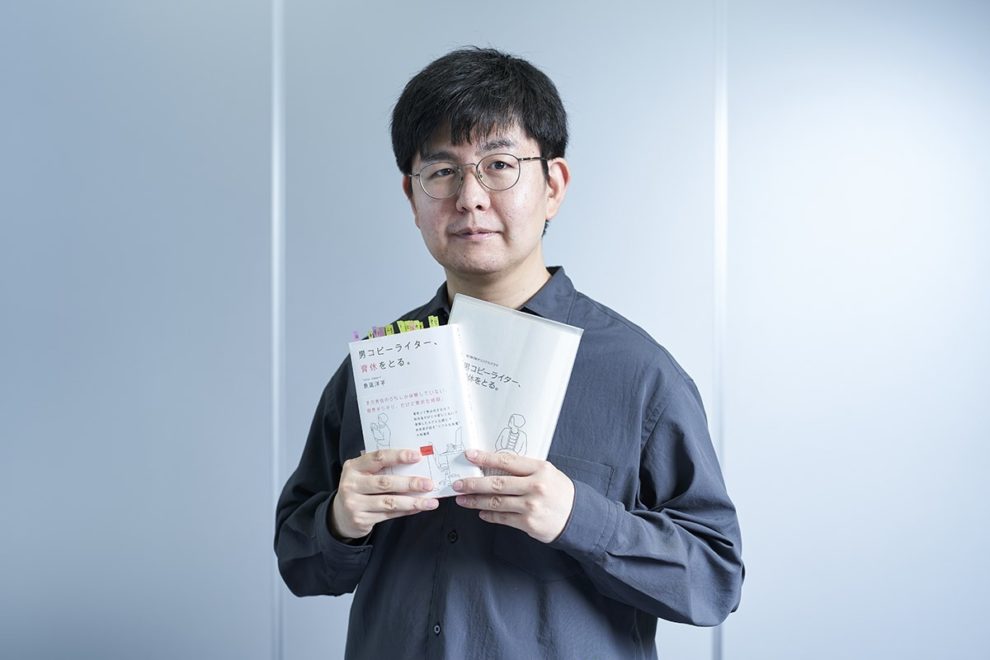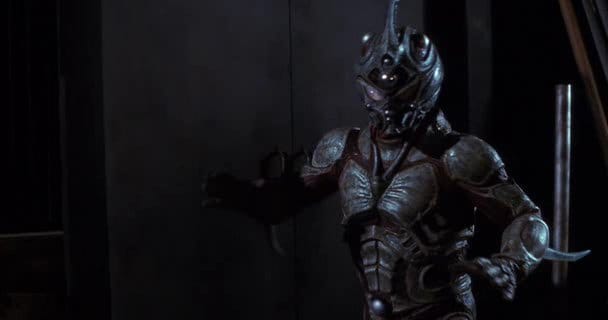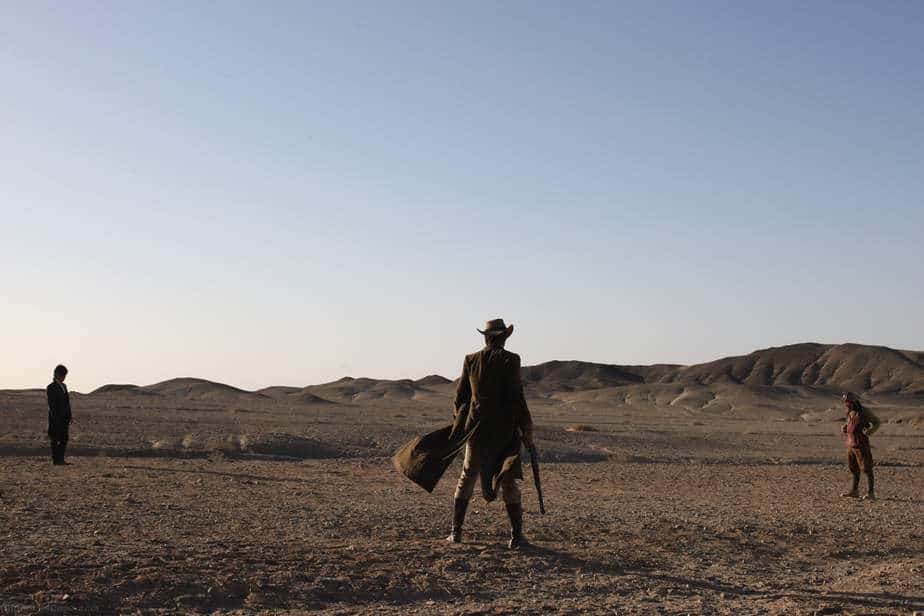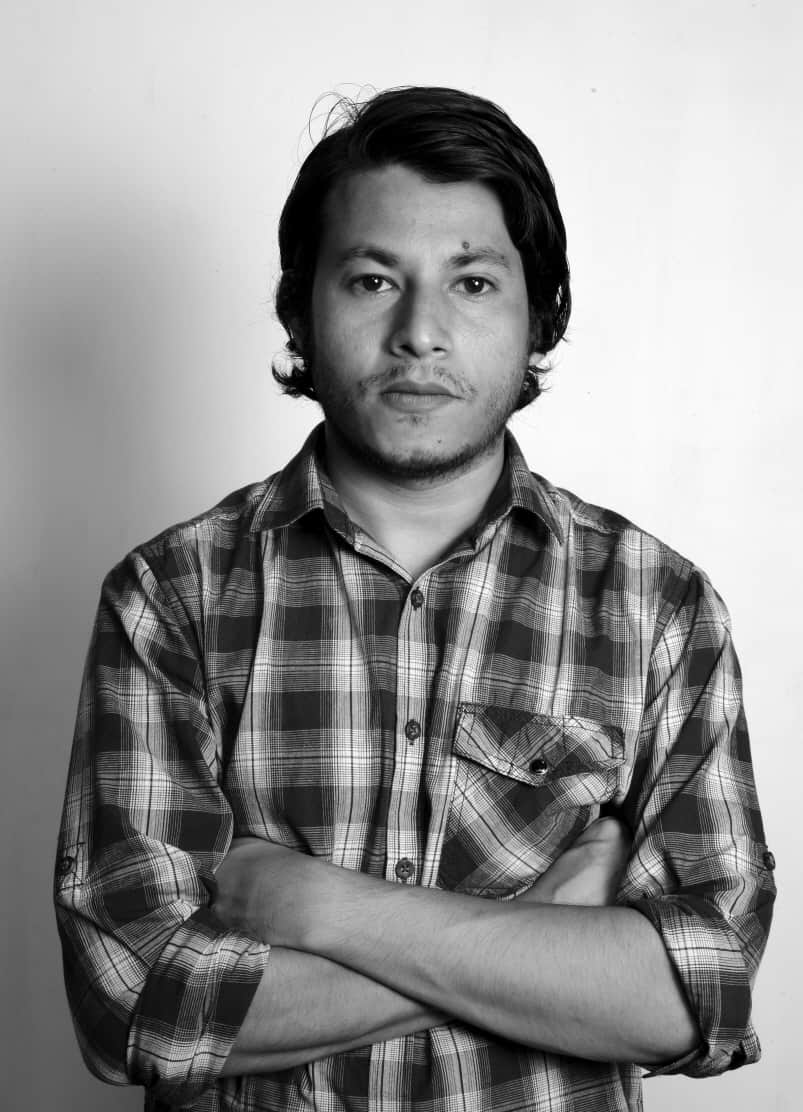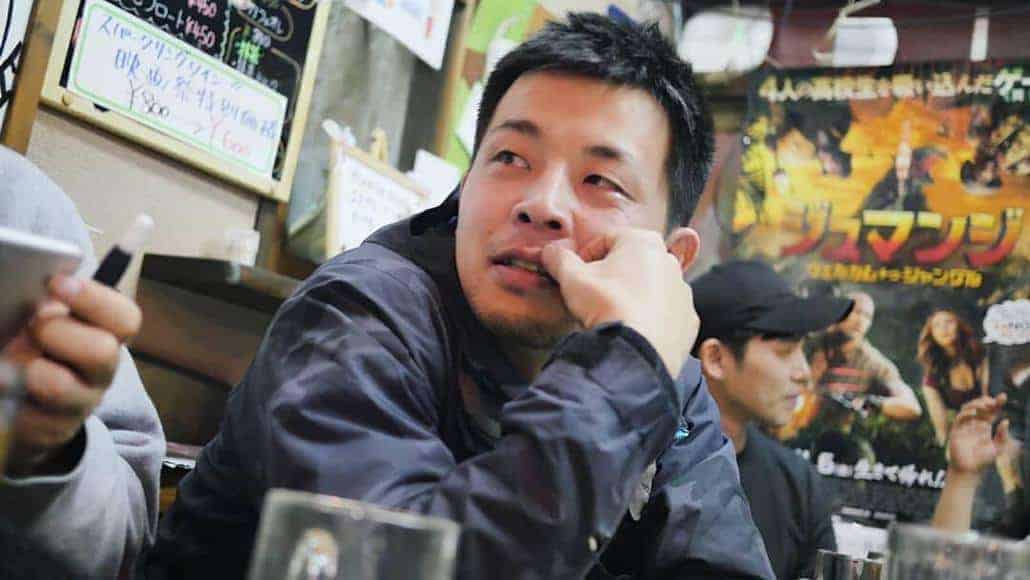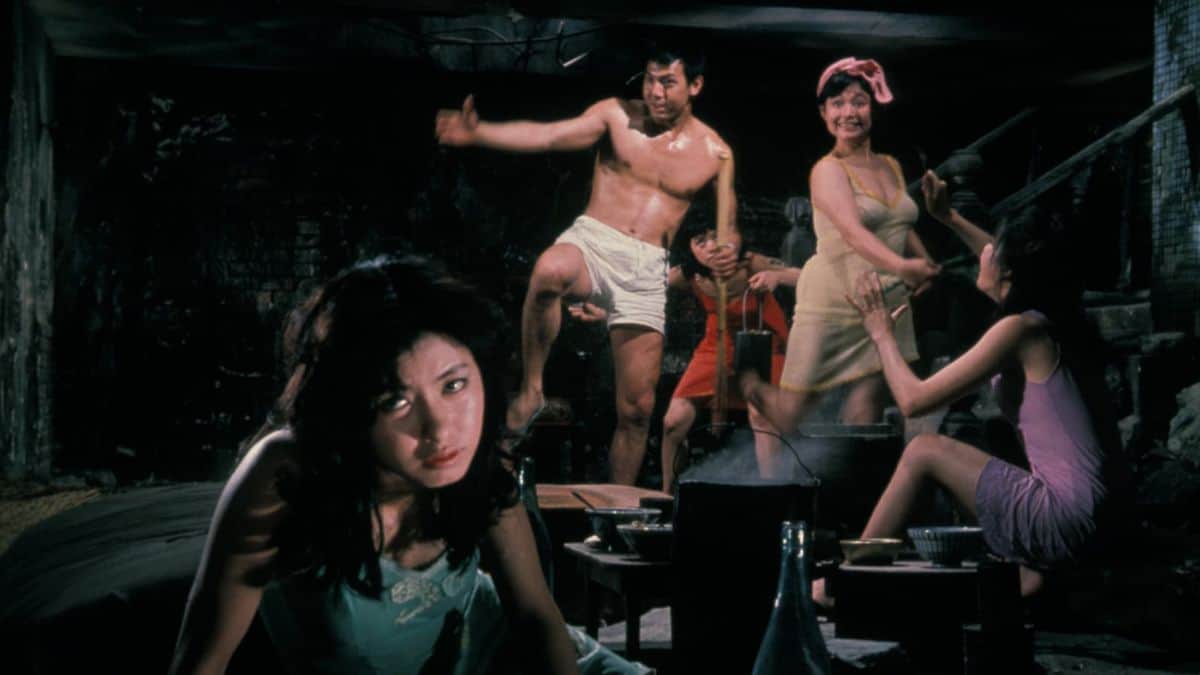Junta Yamaguchi was born in 1987 and studied management at Kindai University. In 2005 he joined Kyoto-based theater troupe Europe Kikaku as director, editor and DVD-producer. Apart from his many theater productions, he also directed and shot many short features, TV drama, music videos as well as advertisements. Together with Europe Kikaku he made his feature debut “Beyond the Infinite Two Minutes”, which already screened at Fantasia Festival and Nippon Connection 2021, among others, and, due to is low-budget nature, has been compared to “One Cut of the Dead”.
On the occasion of “Beyond the Infinite Two Minutes” being screened at Fantasia Festival, we talk with Junta Yamaguchi about directing a movie about time travel, the use of humor and the comparisons of his movie and “One Cut of the Dead”.
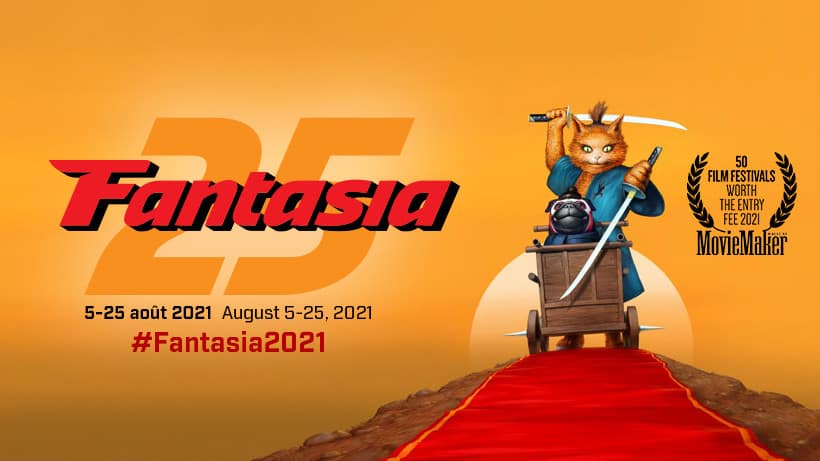
As your movie covers concepts such as fate and how one might be able to change his or hers, do you believe in those ideas and would you take the opportunity and change yours?
I think you can change the future as much as you want by taking actions now.
Can you tell us something about the challenges a project such as this poses to a director and the cast?
The biggest difficulty was that I had to adjust all the actions precisely to the set time, such as filming entirely in one long shot and adjusting it to exactly 2 minutes.

Would you say that your theater experience has helped you with regards to “Beyond the Infinite Two Minutes”?
I usually record videos of theatrical performances. I am always trying to find a way to recreate the realistic feeling of seeing a play in the theater with images, and that experience has been very useful in the production of this movie. I even think there is no other movie director in Japan who can make “Beyond the Infinite Two Minutes”.
Since you were both cinematographer and director, could you explain your visual approach to the project and making it look like a one-take-feature?
I wanted the audience to experience the strange events that the characters experience as if they were experiencing themselves, that's why I made it like this. I also wanted people to directly experience every second of the time, so I chose continuous one-shot filming.
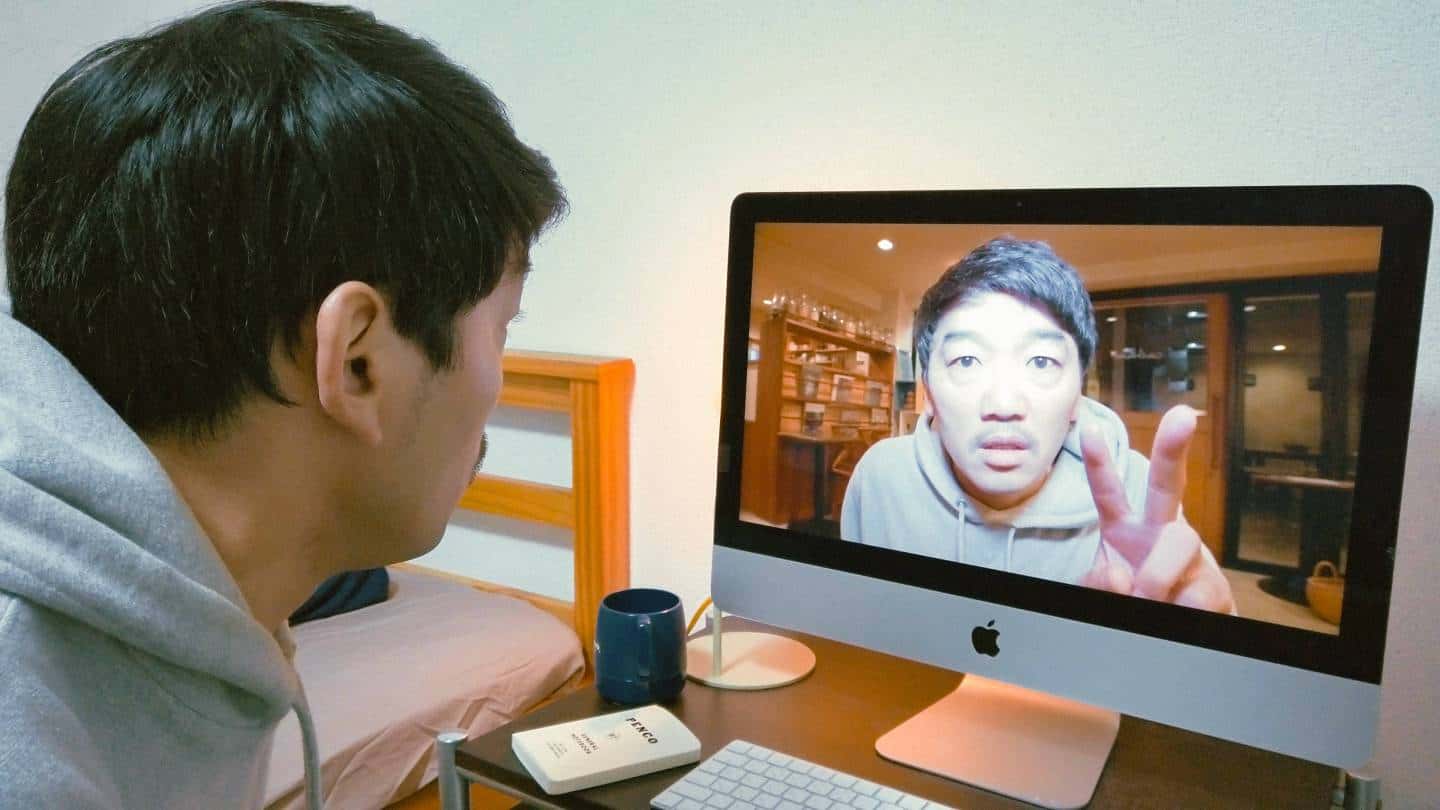
What sets your movie apart from many other movies about time-travel is its tone. Why do you think humor is an important element to tell such as story?
I always want to create entertaining works that can be enjoyed by a wide range of audience, from children to adults. I think humor is essential for that.
Your movie has been compared to films like “One Cut Of the Dead” with many people saying it might have a similar impact and success. What do you think about these comparisons?
Ueda Shinichiro, the director of “One Cut of the Dead”, also watched this movie and gave his stamp of approval. We both used the same technique called one-shot shooting, but in our case, it is focused on depicting the progress of time. I think that's the difference, but I'm very happy to be compared to him and his movie.
Which themes, stories and characters would you like to explore in your future projects?
With the same team, we're currently working on several new time-focused movies with new approaches. I want to surprise everyone with expressions that they have never seen before, in our next movie


